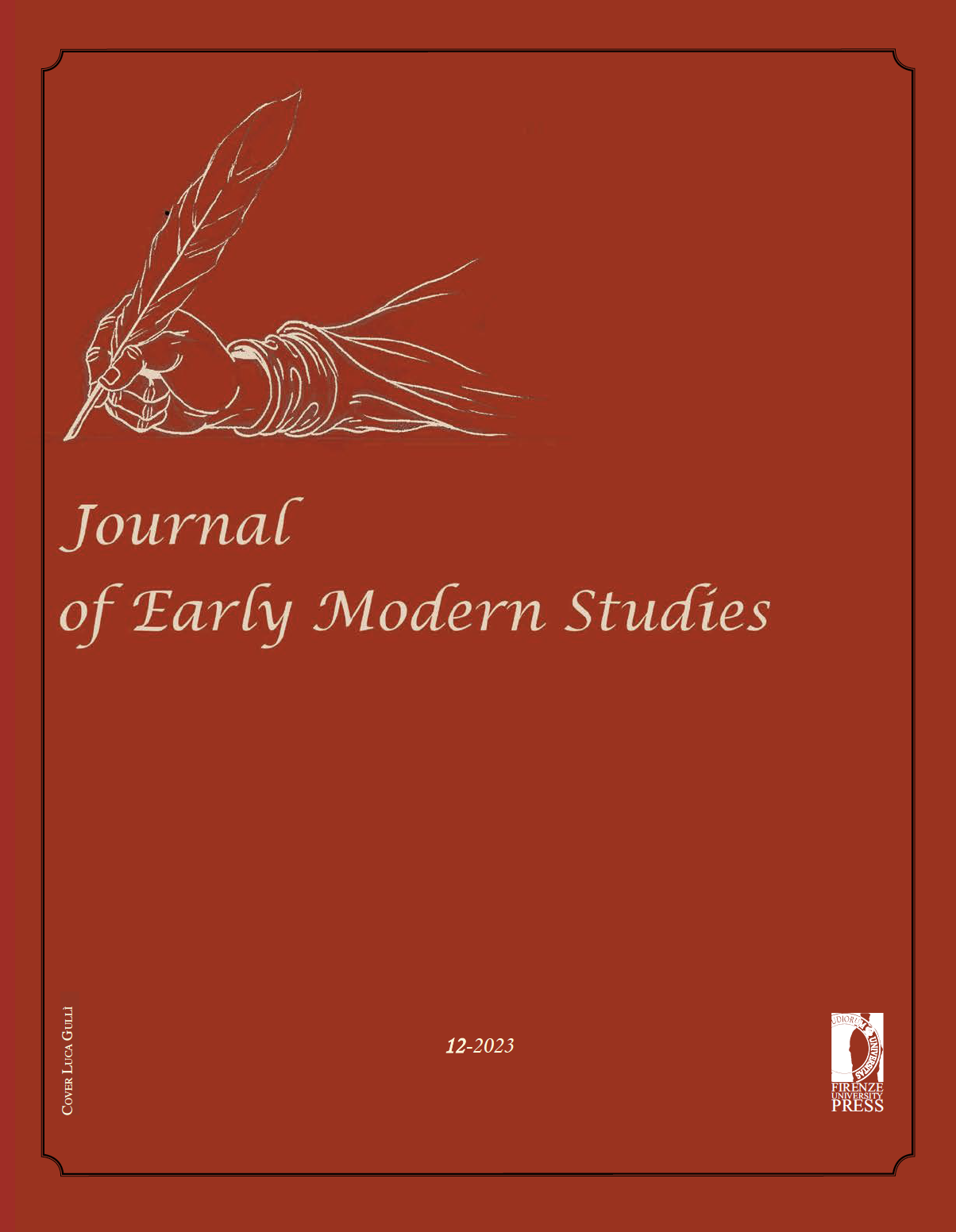Published 2023-03-19
Keywords
- Artisanal Knowledge,
- Art of Navigation,
- Cosmographers,
- Navigators,
- Sixteenth
How to Cite
Copyright (c) 2023 Antonio Sánchez Martínez

This work is licensed under a Creative Commons Attribution 4.0 International License.
Abstract
Ancient cosmography had to adapt to new historical circumstances during the early modern period in Europe, leading to a proliferation of roles and even a sort of identity crisis. This entailed the revival of cosmography as a new and modern science, which, however, was neither unitary nor homogeneous. Cosmography was not associated with a single epistemic community, a certain scholarly profile or a specific corpus of literature, but with different groups and practitioners who produced diverse kinds of documents. Numerous practices emerged, and knowledge circulated in several forms. The article explores so-called practical cosmography in the Iberian world from the early sixteenth century. This will be illustrated not by the classical works of the period (Faleiro, Medina, Cortés, Oliveira) but by the lesser-known figure of the Pilot Major Alonso de Chaves and his nautical encyclopaedia Quatri partitu en cosmographia pratica (c. 1530). Chaves’ responsibilities as cosmographer of the Casa de la Contratación in Seville, the subjects and structure of his treatise, the intended audience and the style and language used show that there were substantial differences between the cosmography practised in Seville and Central European cosmography. The characteristics of this cosmography will be interpreted from the perspective of artisanal epistemology.

